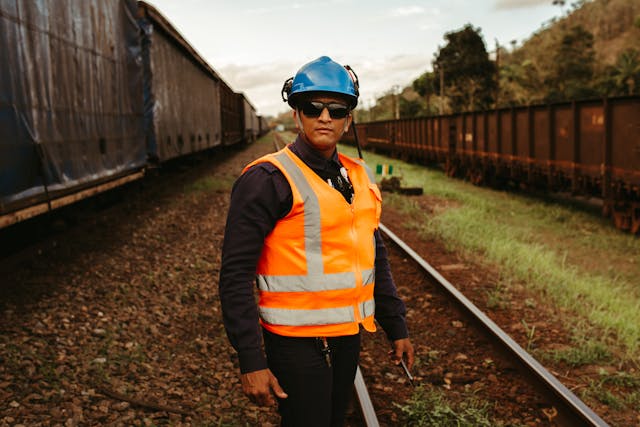
Who Should Be Held Liable in My FELA Claim?

Railroad professions, such as trackmen, laborers, and carmen, all often demand some level of lifting. Unfortunately, this does not come without risks. That said, if you’ve sustained a lifting injury as a railroad worker, you can turn to the skilled FELA lawyers here at Hildebrand McLeod & Nelson LLP. We stand ready to help you fight for the full and fair compensation you deserve and need to get back on your feet again.
Railroad lifting injuries can occur in various forms and due to numerous causes. Here are some of the most common types and causes of lifting injuries that railroad workers may encounter:
To win financial compensation in your FELA claim, you should do everything in your power to take the following steps:
If you have sustained a lifting injury as a railroad worker, a successful FELA claim can help you recover various types of compensation. Under FELA, you may be entitled to compensation for the following:
Hiring a competent team of FELA lawyers can make a world of difference when approaching your FELA claim. Here at Hildebrand McLeod & Nelson LLP, we have decades of experience representing injured railroad workers just like you, and we stand ready to put that experience to work for you in your case as well. Contact us today to schedule your free initial consultation.